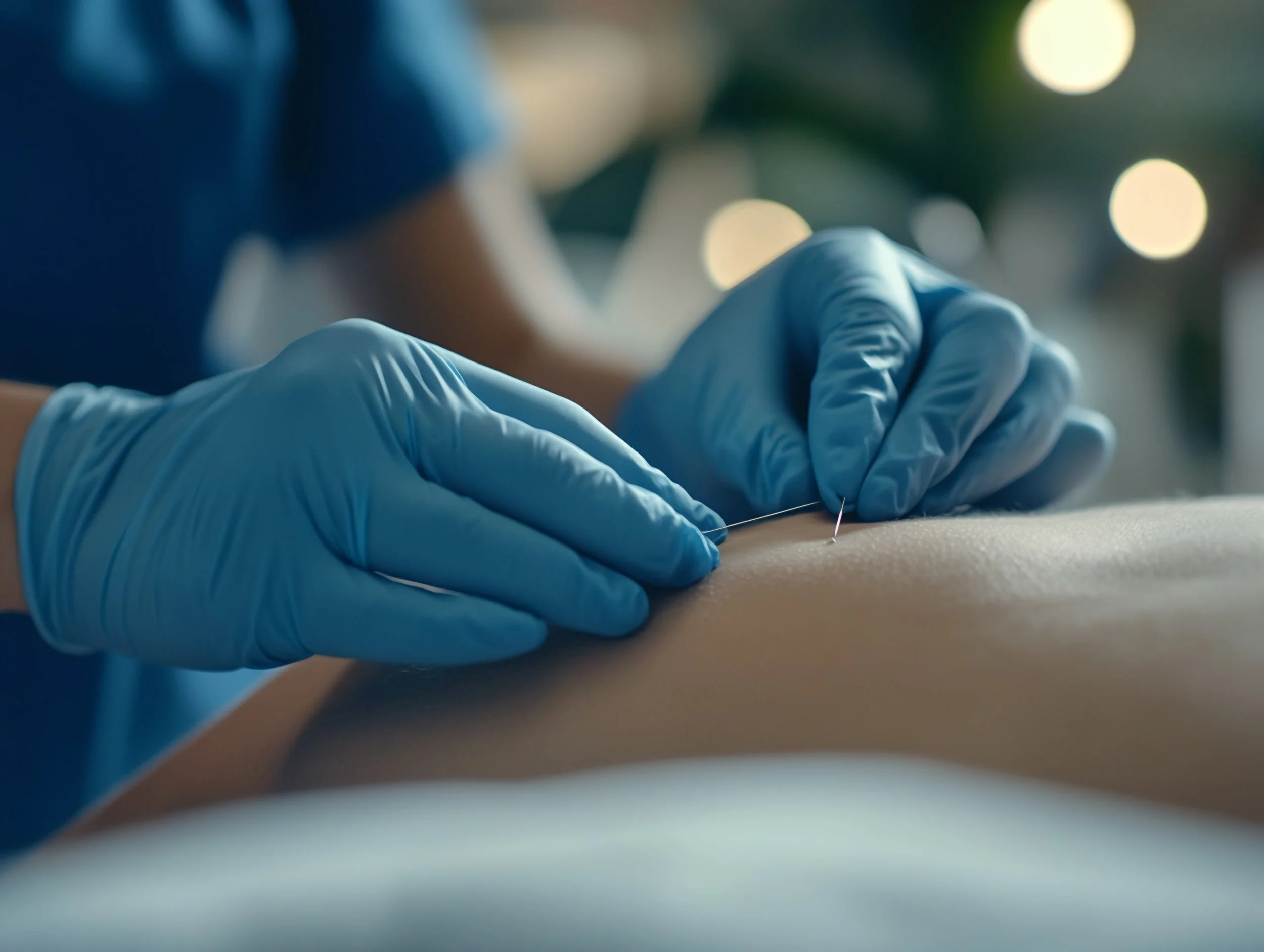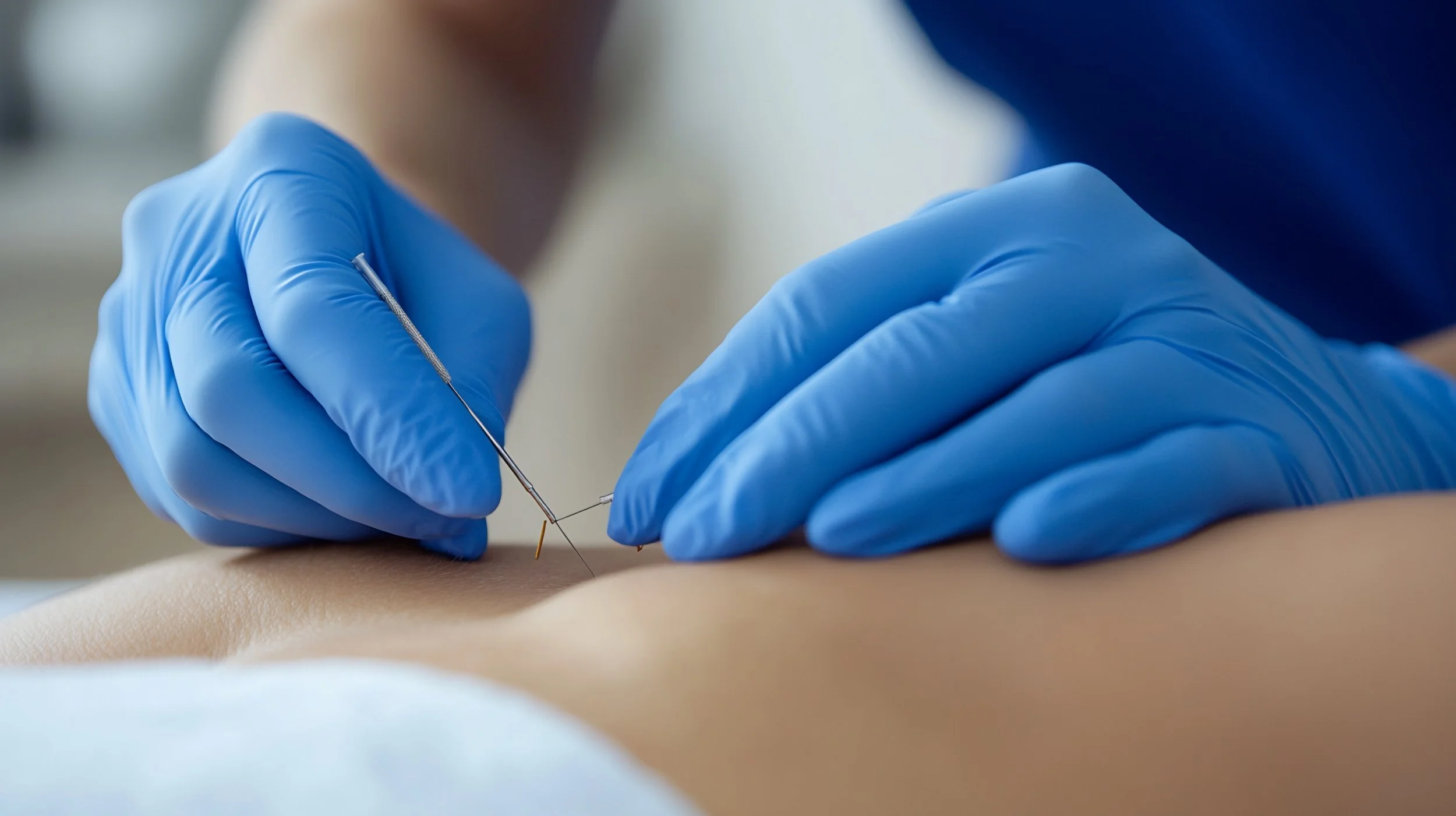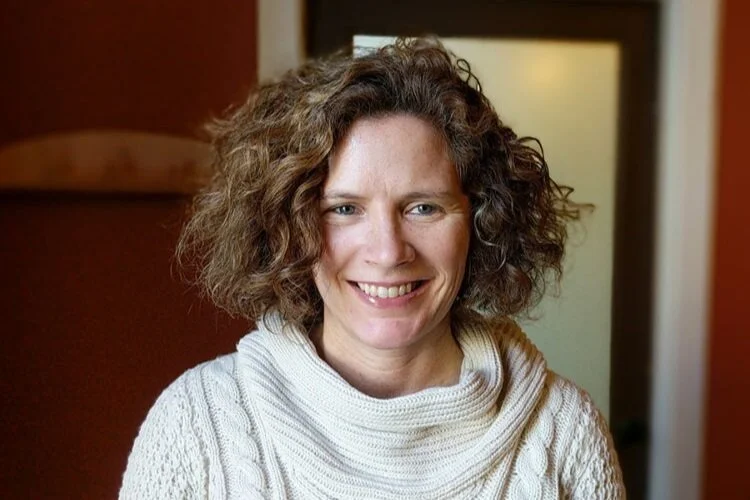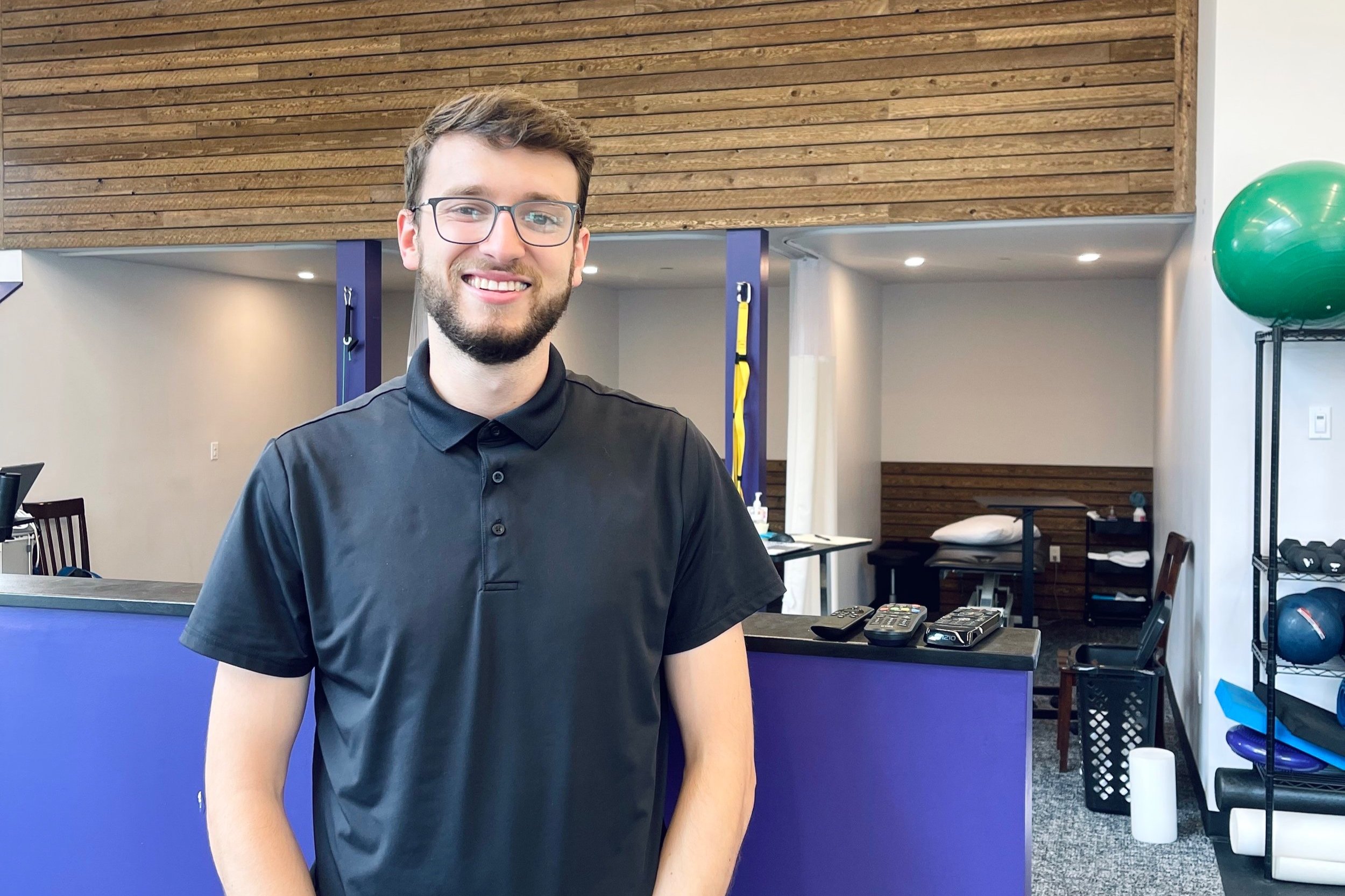““Dry Needling can be an important tool to any rehabilitative process. Whether the treatment is post operative, acute, or chronic conditions.”
”
Dry Needling
A Modern Approach to Pain Relief and Movement Restoration
At Lake Washington Physical Therapy, we are proud to offer Dry Needling as part of a comprehensive plan of care. This cutting-edge technique helps reduce pain, restore function, and improve mobility for patients experiencing musculoskeletal issues. All of our clinicians who perform dry needling have completed state-approved training and are endorsed by the Washington State Department of Health.
What is Dry Needling?
Dry Needling is a skilled physical therapy technique that involves the insertion of a thin, sterile filament needle into muscles and connective tissues. The goal is to release muscle tension, deactivate painful trigger points, and stimulate healing within the body. While the tools may resemble those used in acupuncture, dry needling is based on modern Western medical principles and is not derived from Traditional Chinese Medicine.
Common Conditions Treated:
Muscle pain and tightness
Sports injuries
Tendonitis
Headaches and migraines
Joint pain
Chronic pain syndromes
Benefits of Dry Needling
Dry Needling can be an effective complement to other physical therapy techniques. Patients often experience:
Reduced pain and muscle tension
Improved range of motion
Faster recovery from injury
Enhanced muscular performance and function
Better movement mechanics
What to Expect During and After Treatment
During Treatment:
A licensed physical therapist will insert small needles into targeted areas of your muscle tissue.
You may feel a twitch response, slight discomfort, or pressure—these are normal and often therapeutic responses.
After Treatment:
Soreness (similar to post-workout muscle fatigue) is common and may last 24–48 hours.
Bruising is possible but typically mild.
Fatigue, a sense of relaxation, or a temporary increase in symptoms can occur and typically resolve quickly.
Dry Needling and Insurance
In Washington state, dry needling must be included as part of a broader physical therapy treatment plan. It cannot be billed as a stand-alone service. While many insurance plans do not cover the specific dry needling procedure code, we do still attempt to bill it on your behalf. If you and your therapist determine it is a good fit and insurance does not cover dry needling, we offer this service for a modest fee of $25 per session. We believe it is a great tool to help you reach your goals and want to make it accessible as part of your normal length, one-on-one physical therapy visit.
Why Choose Lake Washington Physical Therapy?
All dry needling is administered by licensed physical therapists who have completed state-endorsed training.
State-certified clinicians: All providers have completed DOH-approved dry needling training.
Personalized treatment: We incorporate dry needling as part of your individualized recovery plan.
Experienced team: Our physical therapists specialize in orthopedic and sports rehab and is experienced in treating athletes, active adults, and those with complex chronic pain.
Safety-first approach: We follow evidence-based guidelines and sterile techniques.
Is Dry Needling Right for You?
Dry Needling is not for everyone, but it can be a powerful tool in restoring pain-free movement. If you're unsure, our team is happy to consult with you and determine whether this treatment aligns with your condition and overall care plan.
If you’re struggling with muscle tension, limited mobility, or lingering pain, dry needling may help accelerate your recovery. We’re happy to discuss your goals and determine whether this treatment fits your plan of care.
👉 Schedule a consultation today or speak with your therapist at your next visit.
Dry Needling Trained Therapists
Liam Main
PT, DPT, OCS, cDN
Victor Kollar
PT, DPT, CSCS, cDN
Amanda Ford
PT, DPT, FDNS
Mandie Majerus
PT, MSPT, OCS, SCS, CSCS, SFMAC, CMPT, CFSC, cDN
Endorsement Pending
Kirkland
Nick Jackson
PT, DPT
Endorsement Pending
Houghton
Michael Samelson
PT, DPT, OCS, cDN
Endorsement Pending
Kenmore
Risks and Safety Considerations
Dry Needling is considered safe when performed by trained professionals. However, as with any medical procedure, there are potential risks:
Pneumothorax (lung puncture) – Very rare but serious; typically occurs only if needling near the chest or upper back.
Bruising or bleeding – Minor and temporary.
Infection – Extremely rare due to use of sterile equipment and techniques.
Nerve or tissue irritation – Rare and typically temporary.
Allergic reactions – Occasionally, patients may react to nickel in needles, please inform your PT of any alergies.
Please Inform Your Therapist If You:
Are pregnant
Take blood thinners
Have a pacemaker or electrical implants
Have a compromised immune system or metal allergies
Have a history of fainting or seizures
References
Dommerholt, J., Fernández-de-Las-Peñas, C. (2013). Trigger Point Dry Needling: An Evidence and Clinical-Based Approach. Churchill Livingstone.
American Physical Therapy Association (APTA). (n.d.). Dry Needling in Physical Therapy Practice.
Retrieved from https://www.apta.orgDunning, J., Butts, R., Mourad, F., Young, I., Flannagan, S., Perreault, T. (2014). Dry needling: a literature review with implications for clinical practice guidelines. Physical Therapy Reviews, 19(4), 252–265.
https://doi.org/10.1179/1743288X14Y.0000000111Kietrys, D. M., Palombaro, K. M., Azzaretto, E., Hubler, R., Schaller, B., Schlussel, J. M., Tucker, M. (2013). Effectiveness of Dry Needling for Upper-Quarter Myofascial Pain: A Systematic Review and Meta-analysis. Journal of Orthopaedic & Sports Physical Therapy, 43(9), 620–634.
https://doi.org/10.2519/jospt.2013.4668Washington State Department of Health. (2020). Dry Needling Endorsement for Physical Therapists.
Retrieved from https://www.doh.wa.gov











